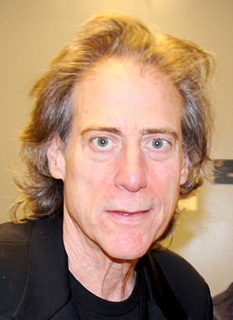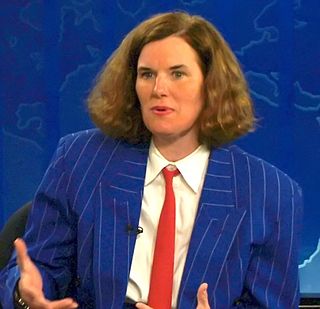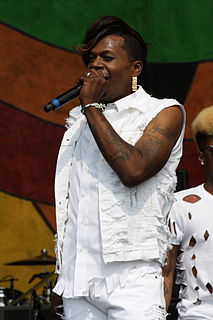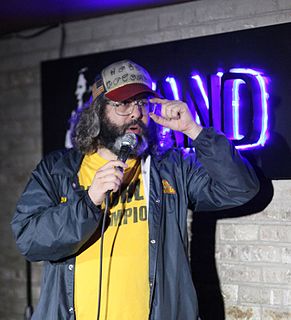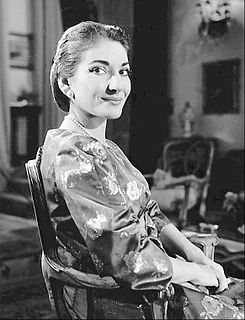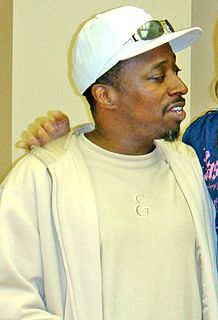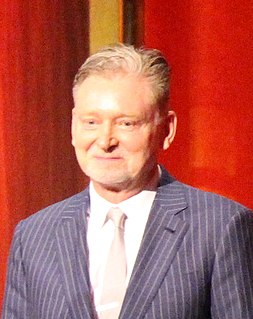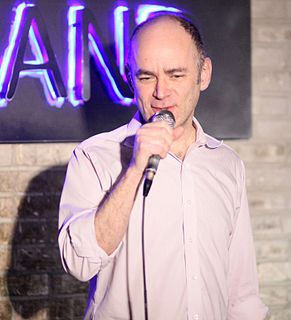A Quote by Bill Burr
The first night you walk down to a comedy club, at least for me, I had my voice, and then I went on stage and I lost it.
Related Quotes
I tagged a first-timer one night at fight club. That Saturday night, a young guy with an angel’s face came to his first fight club, and I tagged him for a fight. That’s the rule. If it’s your first night in fight club, you have to fight. I knew that so I tagged him because the insomnia was on again, and I was in a mood to destroy something beautiful.
The first club that reopened in New Orleans was Caesar's, and they called me immediately and said let's do a regular night with you here. So we started FEMA Fridays. It was the only club open in the city, and a lot of people had a lot of money from Katrina, the checks and stuff, so the joy inside that club - I don't think that'll ever come back.
I went to school with Steven Wright who was the shyest guy I knew, and one day someone suddenly told me that he was in a club doing standup comedy. I went down to his club and he was great. Another friend of mine, who was pretty much a thief by trade, was hosting the show. So I thought if these guys can do it then so can I.
I went to school with Steven Wright, who was the shyest guy I knew, and one day someone suddenly told me that he was in a club doing standup comedy. I went down to his club and he was great. Another friend of mine, who was pretty much a thief by trade, was hosting the show. So I thought, 'If these guys can do it, then so can I.'
When we developed the 'Seinfeld' show, we took a bet on Jerry Seinfeld, who was not a household name. But Jerry had a voice. He was appearing on 'Late Night', on 'The Tonight Show', had some commercials out there, his voice of observational comedy, looking at the world around him, that voice was really starting to come into its own.
The problem with a lot of comedy clubs is not that they are a comedy club; it's just the cheesy way they're presenting themselves. That's why a lot of people have a problem with them. If you're a relatively unknown comedian, you can play at a comedy club, you might play to hundreds of people every night. But if you try to make a concert event out of it, and try to play a rock club or something, where you might play to 10 people or no people. And the flipside of that is, that's also a great thing, to play to people who are your fans. Some people are too hard on the comedy clubs.

